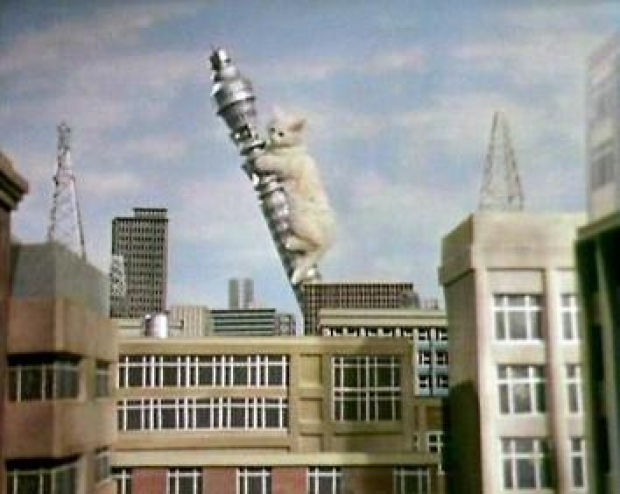Kirkby, who took the reins in February 2024, told the Financial Times that BT’s goal to axe more than 40,000 jobs and strip out £3 billion by 2030 "did not reflect the full potential of AI."
Kirkby said: "Depending on what we learn from AI... there may be an opportunity for BT to be even smaller by the end of the decade."
She has been speeding up plans to trim the fat since taking over, flogging off BT’s Italian business and its Irish wholesale and enterprise outfit. BT might even hive off the rest of its international division into a separate entity.
This restructuring has cheered up the cocaine nose jobs of Wall Street, with the company’s shares jumping 65 per cent under Kirkby’s tenure. Shareholder Sunil Mittal, who owns 24.5 per cent, is said to be pleased with the streamlining efforts.
Kirkby moaned that Openreach, BT's network cash cow, wasn't being properly appreciated in the company's stock price. If this continues, she warned, more spinoff antics might be on the cards.
"The time to reconsider" spinning it off will come once Openreach has finished its fibre rollout to 25 million homes, expected next year. After that, the frantic network build will slow to a trickle of one million homes annually, down from the current pace of a million a quarter. BT's aim is to stretch Openreach's reach to 30 million homes by 2030.
Analysts at New Street Research reckon Openreach alone is worth about £30 billion, a fair bit more than BT's entire market cap of £18.5 billion.
Still, Kirkby says she’d prefer to see Openreach's value reflected in BT's shares rather than spin it off.
Meanwhile, Kirkby is keen to exploit the chaos caused by the £16.5 billion merger between Vodafone and Three to muscle in with EE and Plusnet.
"Clearly when competition goes through disruption... that is an opportunity for us to promote the benefits of our brands and services versus others," she said.
She’s considering pushing BT’s retail brands onto alternative networks where Openreach isn’t worth the bother.




